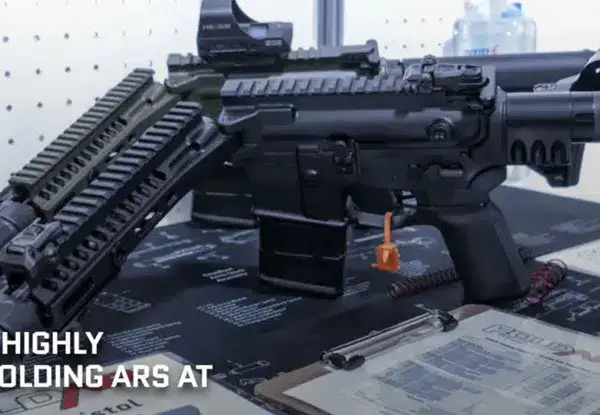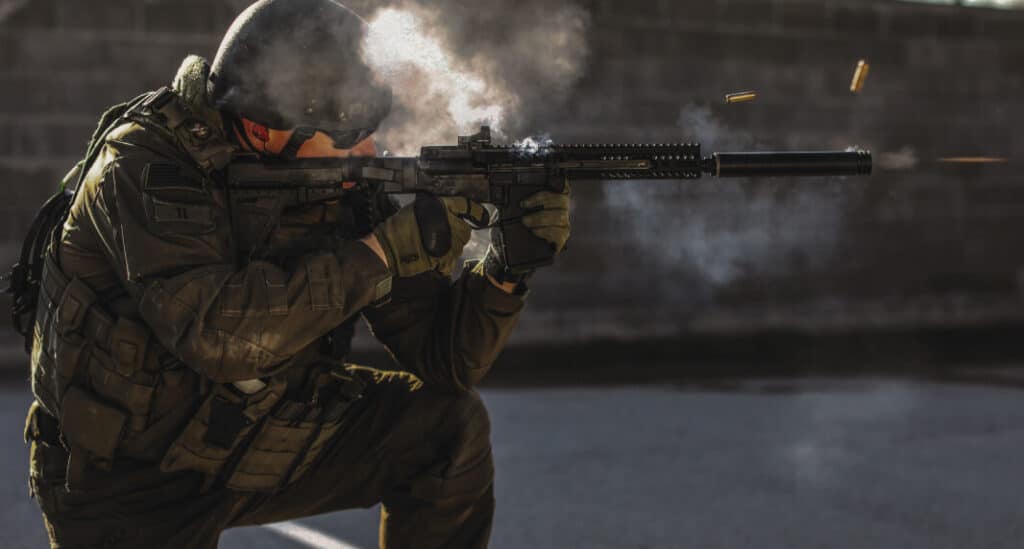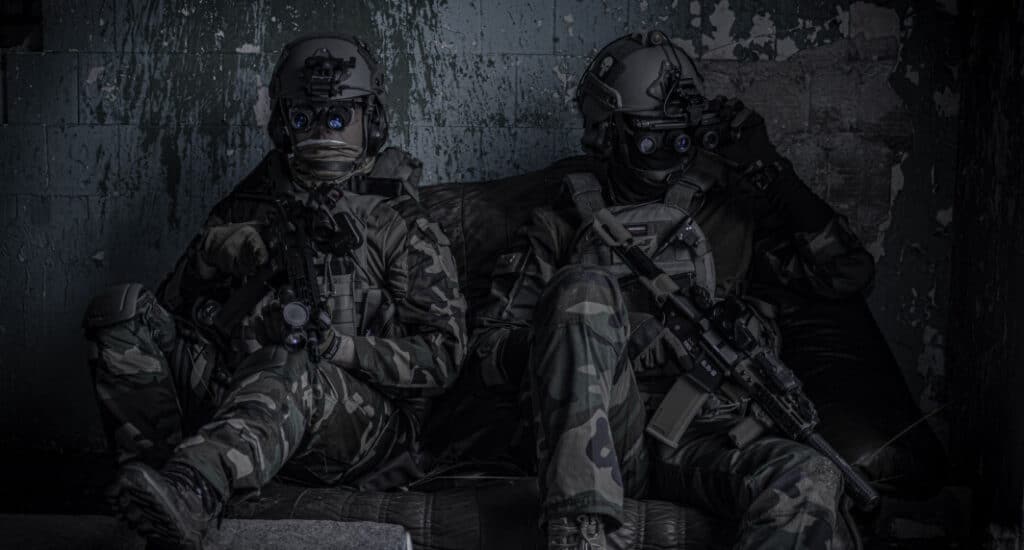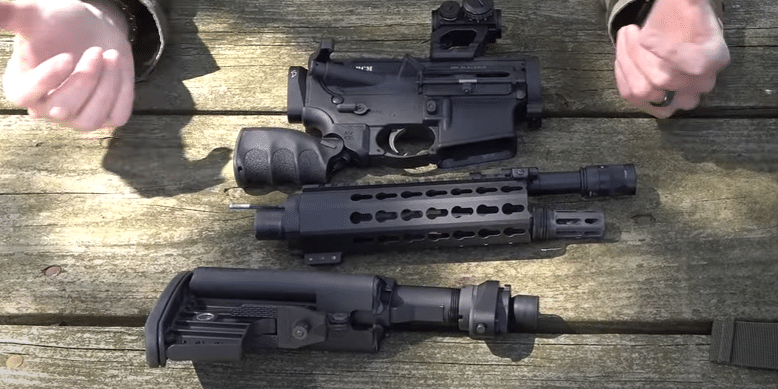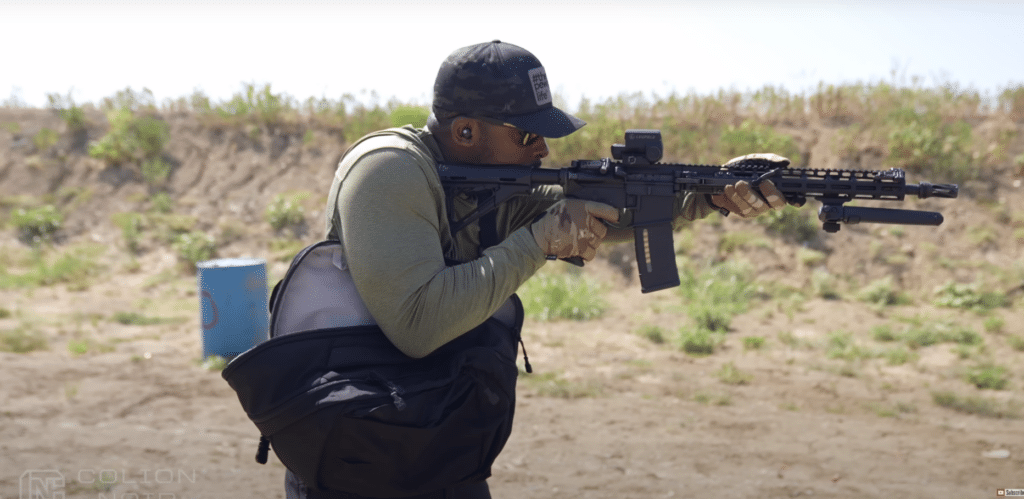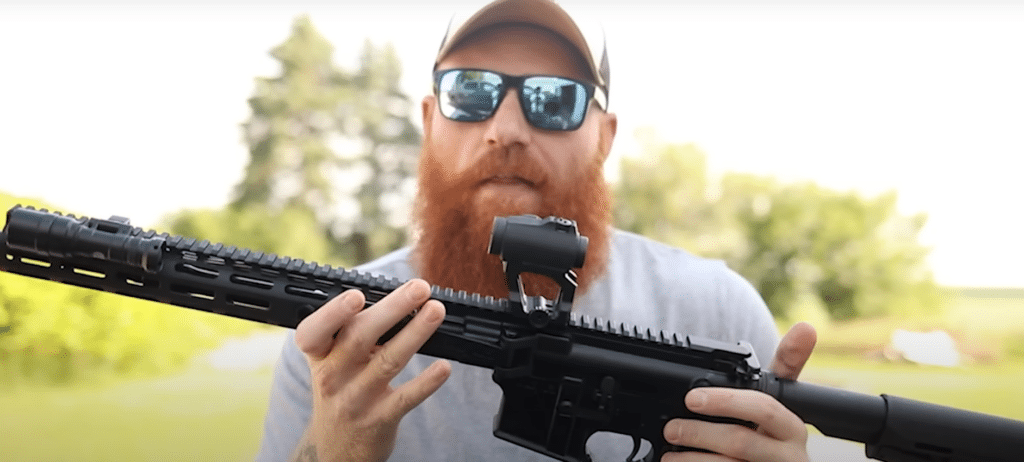SRO vs. SBLE: Understanding the Role of Law Enforcement in School Security
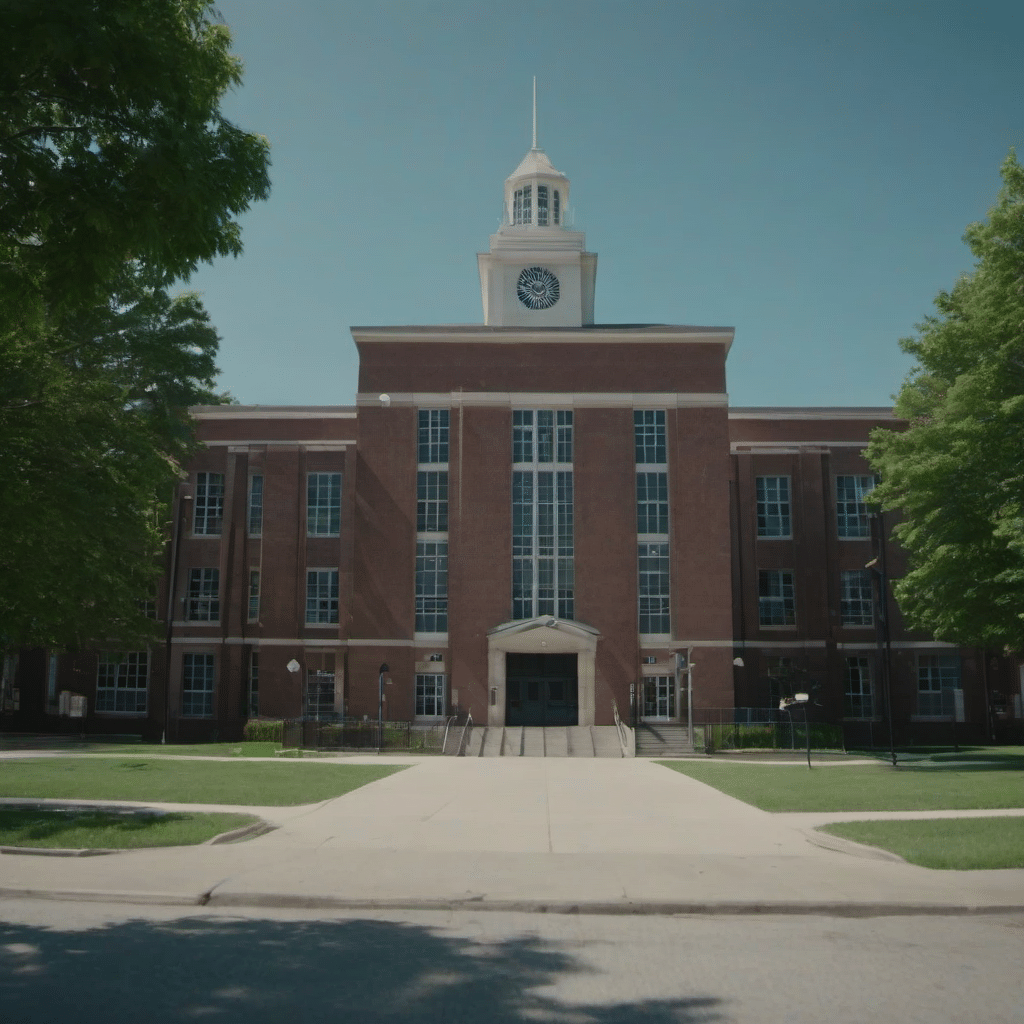
In the ongoing effort to ensure safety and school security to our students, the roles of School Resource Officers (SROs) and School-Based Law Enforcement (SBLE) have become increasingly important. While both play key roles in maintaining school safety, their training, roles, and responsibilities differ. Let’s dive into the differences and nuances of SROs and SBLE.
School Resource Officers (SROs)
School Resource Officers are sworn law enforcement officers who are lent to a school by a local police department or sheriff’s office. Their primary goal is to ensure the safety of students and staff and maintain a secure environment within the school. The duties of an SRO typically include patrolling school property, responding to incidents, and even participating in meetings with school administrators.
However, the role of an SRO extends beyond just safety and security. SROs are also often involved in educational initiatives, providing guidance on law-related topics, and acting as a link between students and the local law enforcement agency. Their presence in the school community also serves as a deterrent to potential criminal activity.
While SROs receive the standard training required of all police officers, the specific training they receive for working within a school environment can vary greatly depending on their local police department or sheriff’s office.
School-Based Law Enforcement (SBLE)
On the other hand, School-Based Law Enforcement refers to a school district that has its own police department, specifically trained for school security. Officers in an SBLE program are employees of the school district, not a local law enforcement agency.
SBLE officers undergo more specialized training in areas such as conflict resolution, adolescent psychology, and school law, making them particularly suited to the school environment. Their roles can be broader and more integrated into the school community compared to SROs. They might be involved in developing emergency response plans, coordinating security measures for special events, and even teaching classes on law enforcement topics.
The main advantage of SBLE is that these officers are dedicated solely to the school district. Their training and duties are specifically tailored to the needs of the school community, making them more equipped to handle school-specific issues and emergencies.
Benefits of FOLD AR for Trained Professionals
To enhance school safety and security, providing trained professionals like School Resource Officers (SROs) and School-Based Law Enforcement (SBLE) officers with cutting-edge tools is crucial. One such innovation that holds promise is the integration of Fold AR, a folding rifle, into their arsenal.
The Fold AR offers several benefits to trained professionals in the school security domain. Firstly, its compact and foldable design facilitates discreet carrying, allowing officers to respond swiftly to emergencies without alarming students or causing unnecessary panic. This feature is particularly advantageous in crowded hallways or during covert operations where maintaining a low profile is paramount.
Moreover, the versatility of the Fold AR enables officers to adapt to diverse security scenarios effectively. Whether it’s navigating tight spaces within school premises or deploying the firearm for long-range engagements, the Fold AR offers enhanced maneuverability and precision, empowering officers to address threats with confidence and accuracy.
School Security
While both SROs and SBLE play critical roles in maintaining school security, they have different approaches and levels of integration within the school community. The choice between implementing an SRO program or establishing SBLE depends on the specific needs, resources, and philosophy of a school district.
Both SROs and SBLE have the same ultimate goal: creating a safe, secure environment where students can focus on learning. By understanding the roles and responsibilities of these officers, we can better appreciate their contribution to our schools and the invaluable service they provide in safeguarding our children’s futures.
Regardless of the model a school or district chooses, the presence of trained law enforcement in schools is an integral part of ensuring student safety. These dedicated officers not only respond to incidents but also work proactively to prevent issues, foster positive relationships with students, and contribute to a positive school culture.
